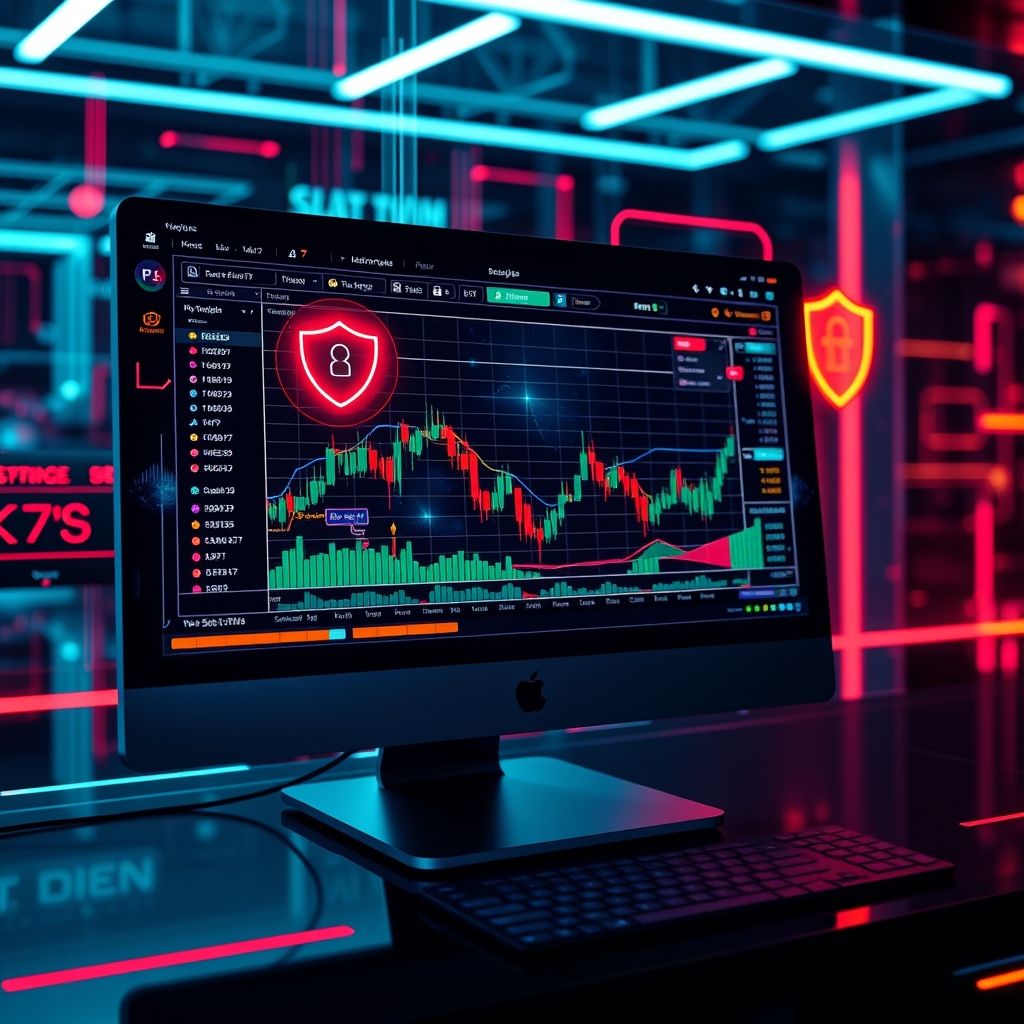What is the most secure cryptocurrency trading platform?
In a world where digital assets are becoming more down-to-earth than ever, the question of security rings louder than ever: What’s the most secure platform to trade crypto? Whether you’re a seasoned trader or just dipping your toes into the crypto waters, safeguarding your investments is no joke. With scams, hacks, and regulatory gray areas lurking around, choosing the right platform isn’t just about convenience anymore—its about peace of mind.

The Core of Security in Crypto Trading
When it comes to picking a crypto platform, security isn’t just a feature—it’s the foundation. Think about it as choosing a bank. You wouldn’t go with a bank that leaves your money exposed or unprotected, right? The same logic applies to crypto exchanges, but with more complexity. A truly secure platform combines robust tech, strict compliance, and transparent policies that protect your assets and data.
A leading example? Take Coinbase—backed by U.S. regulators and holding insurance on digital assets stored offline. They utilize multi-layered security protocols: two-factor authentication (2FA), cold storage solutions, and even biometric logins. These features act like a fortress around your investments, making hacking efforts extremely hard. Not all platforms offer such comprehensive defenses, so look for those that leverage the latest in secure tech, including encryption and cold wallets.
Legal Compliance and Transparency
The most secure platforms often operate under strict regulatory frameworks. For instance, Binance, despite some challenges, has worked to improve compliance by implementing regular audits and KYC procedures. Transparency about security practices and clear communication about risks help traders make informed choices. Trustworthy platforms often publish security audits and are willing to share their security protocols—think of it as a safety report card.
In addition to traditional security measures, some platforms now incorporate AI-powered fraud detection and real-time transaction monitoring. These technologies are game-changers—spotting anomalies before they escalate. Plus, integrated charting tools and analytical dashboards help you navigate volatile markets more confidently, reducing impulsive risks.
The Big Picture: Web3 and Decentralized Finance (DeFi)
Crypto security isnt just about centralized exchanges. Decentralized finance brings your assets closer to the blockchain—no middlemen, no single point of failure. But DeFi also comes with its own set of challenges: bugs in smart contracts, hacking of liquidity pools, and regulatory uncertainties. While DeFi promises more control and openness, its vital to proceed with caution, picking platforms with audited smart contracts and active community support.
Whats Next? Trends Shaping the Future of Crypto Security
Looking ahead, AI-driven trading algorithms are transforming how we approach investments—predictive analytics, real-time decision-making, and automated risk management will get even smarter. Smart contracts are also evolving, enabling secure, trustless transactions that reduce the need for intermediaries. With these advances, security becomes more seamless and reliable.
Final Word: Safety First in the Web3 Evolution
In this fast-changing landscape, the most secure crypto trading platform is the one that evolves—embraces cutting-edge encryption, complies with regulations, and leverages the latest tech to guard your assets. As decentralized finance develops, savvy traders will prioritize platforms that combine advanced tech with sound security practices.
If youre serious about safety and innovation, remember this: Trade with confidence, trade on secure ground. Because in the digital age, security isn’t just a feature—it’s your foundation for thriving in the new era of finance.